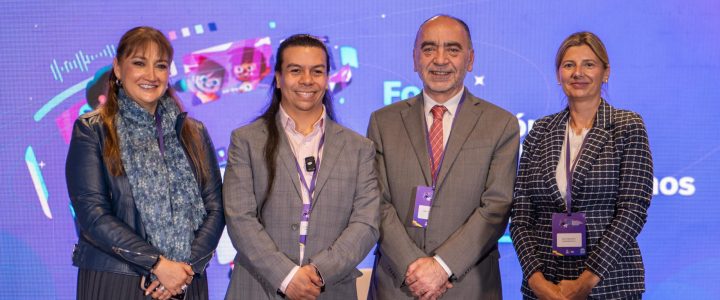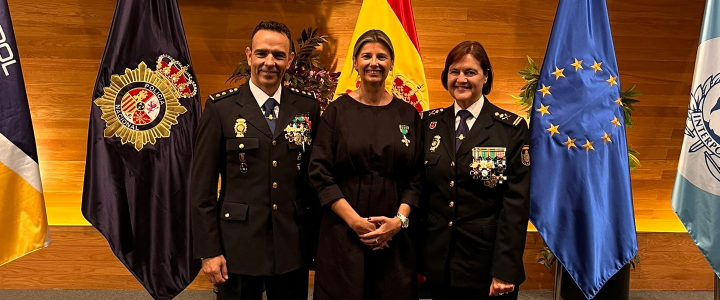Last Tuesday, the European Association for Digital Transition (AETD in its Spanish acronym) warned that the large digital platforms are unwilling to implement truly effective age verification systems, despite growing evidence on the risks the current digital environment poses to children. The Association underlines that, to date, the measures taken by the platforms have generally been cosmetic and aimed at avoiding responsibility rather than ensuring effective protection.
Read moreThe European Association for Digital Transition (AETD) warns that platforms are unwilling to implement effective verification systems











